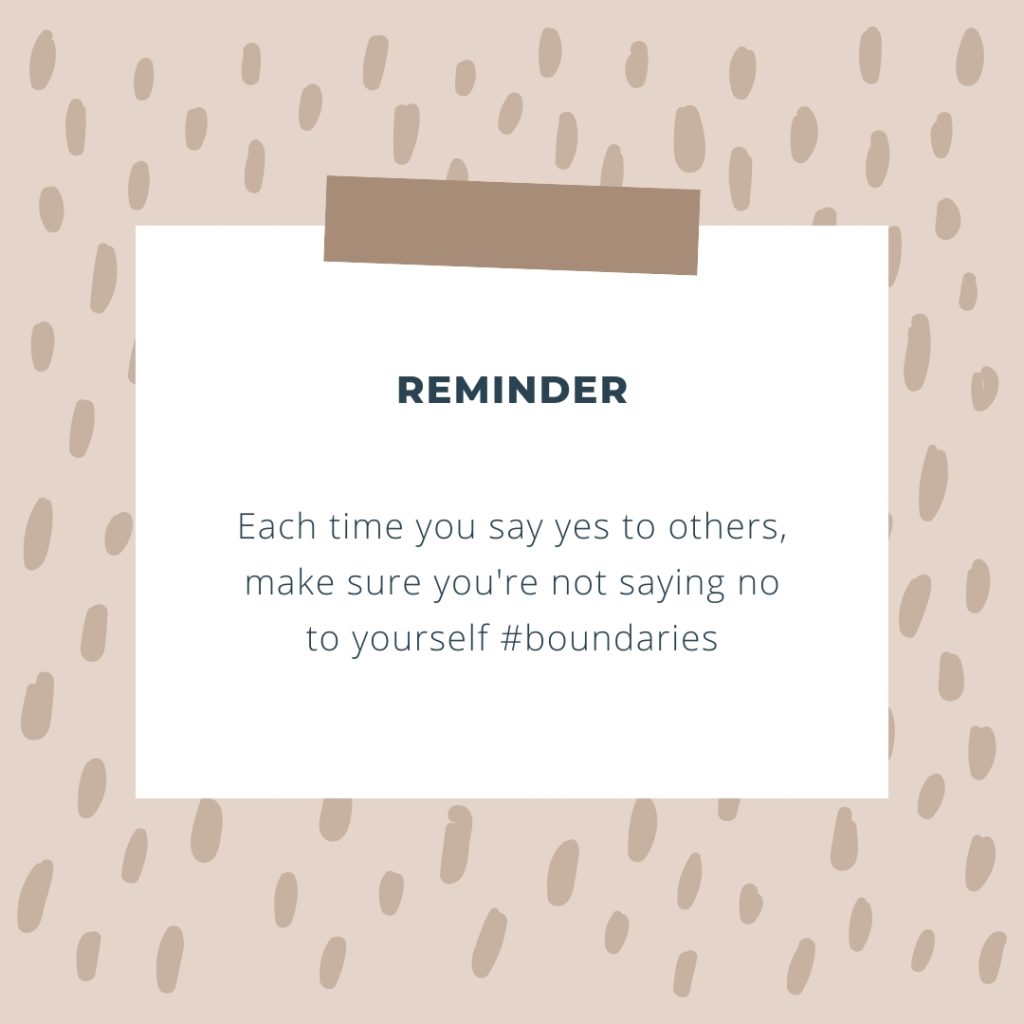Finding Balance Without Losing Ourselves
Setting boundaries is hard. Setting boundaries as a South Asian person in a collective culture can feel impossible.
We are raised to value family, community, and togetherness—sometimes to the point of self-sacrifice. Love is shown through food, presence, favours, and yes, compliance. The idea of saying “no,” prioritizing rest, or asking for space can feel like betrayal. Guilt creeps in. Fear of being seen as selfish, disrespectful, or “too Western” takes hold.
But here’s the truth: boundaries are not a rejection of culture—they’re a reclamation of self within it.
Why Boundaries Feel So Hard in Collective Cultures
In many South Asian families, there’s an unspoken rule: we belong to each other. That belonging is beautiful—but it often comes at the cost of individual needs. We may be expected to:
- Answer calls or messages immediately, no matter what we’re doing.
- Put family responsibilities above personal well-being.
- Accept advice or criticism without question.
- Involve extended family in private decisions.
- Avoid conversations that may cause discomfort or conflict.
These expectations can create internal tension when our emotional, mental, or physical limits are stretched. And yet, asserting a boundary can feel like we’re breaking the very fabric of our family system.
Boundaries Are Not Western, They’re Human
Sometimes, boundaries are dismissed as “too individualistic” or “not part of our culture.” But boundaries exist within South Asian communities too—they just show up differently. Think about the cousin who always declines second servings with a smile, even if it’s their favourite dish. The uncle who disappears for his afternoon nap without fail. These are quiet, culturally accepted boundaries.
The key is to recognize that boundaries aren’t walls—they’re bridges that protect relationships by making them sustainable. When we set limits from a place of love and clarity, we’re preserving the connection, not destroying it.

Striving for Balance: Holding Culture and Self with Care
So how do we honour our limits while still being rooted in our community values? Here are a few gentle approaches:
1. Lead with care, not defensiveness
It’s okay to be firm and kind. Saying, “I love spending time with you, and I also need some quiet tonight,” can go a long way. The goal isn’t to win an argument—it’s to stay connected while staying true to yourself.
2. Normalize emotional needs
We don’t have to only talk about physical exhaustion. Sharing that something is emotionally overwhelming helps others understand it’s not about rejection—it’s about capacity.
3. Start small
Begin with one boundary in one relationship. Maybe it’s taking longer to respond to messages or declining a call during your work hours. Let your nervous system learn that it’s safe to set boundaries.
4. Expect discomfort
Guilt doesn’t always mean you’re doing something wrong—it may just mean you’re doing something different. Cultural conditioning runs deep, but that doesn’t mean we’re bound by it forever.
5. Find your people
Not everyone will understand your boundaries, but some will. Whether it’s a therapist, a cousin, or a chosen family, seek out those who make space for your growth.
A Gentle Reminder
You are not selfish for having limits. You are not disrespectful for wanting space. You are not ungrateful for needing rest.
You are a human being—worthy of connection and care.
Honouring your boundaries doesn’t mean abandoning your culture. It means showing up to it more whole, more grounded, and more you.